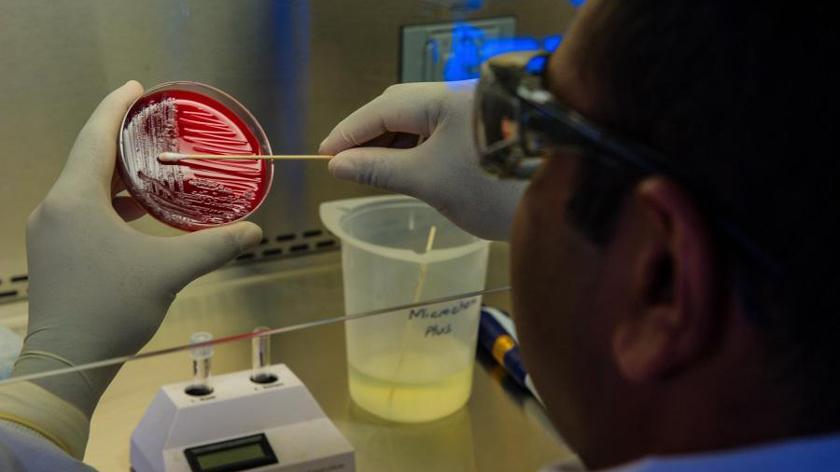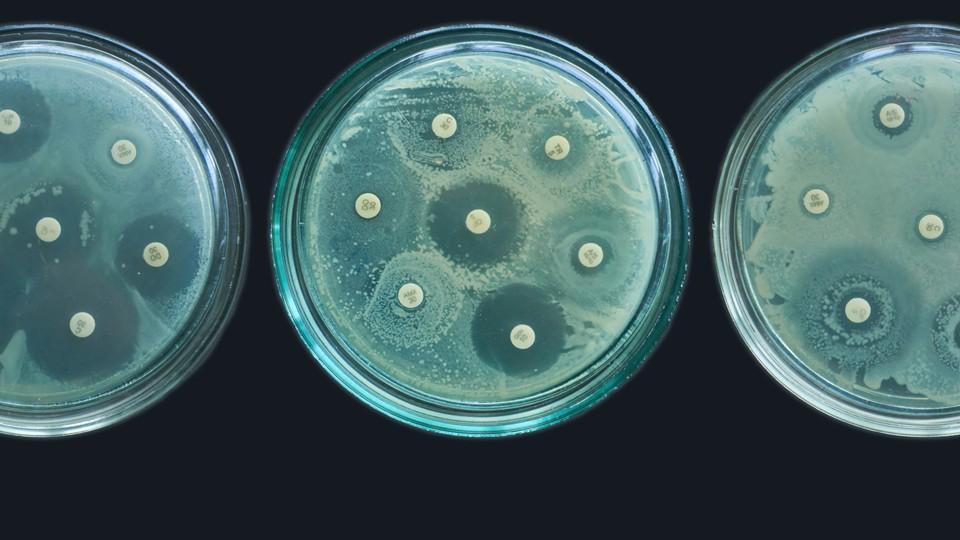UN says cutting pharma pollution key to AMR fight

Pollution by the pharmaceutical, healthcare, and agricultural sectors is driving the development of 'superbug' strains of bacteria that have become resistant to every known antibiotic, and there is un urgent need for action to curb the threat.
That's the finding of a just-published report from the United National Environment Programme (UNEP), which has called for a multisectoral response to the threat of AMR which, according to some predictions, could claim 10 million lives a year by 2050.
The report – Bracing for Superbugs: strengthening environmental action in the One Health response to antimicrobial resistance – brings together current data on the threat posed by AMR in the hope of stimulating a coordinated response to the problem, which is being exacerbated by climate change and altered land use that is affecting microbial diversity.
Pollution – which, in the case of pharma, comes in part from manufacturing facilities, but mainly through entry of excreted drug products into wastewater systems – has long been linked to AMR, now listed as one of the top 10 global threats to health.
Previous estimates have suggested that the loss of activity of antimicrobials – made worse by the pharma industry's retreat from developing new drugs – could result in a GDP drop of at least $3.4 trillion annually by 2030, pushing 24 million more people into extreme poverty.
Barbadian Prime Minister Mia Amor Mottley, chair of the One Health Global Leaders Group on Antimicrobial Resistance, said the report highlights once again the inequity around the world, as AMR disproportionately affects 'Global South' countries in Africa, Latin America and the Caribbean, Pacific Islands, and Asia.
"We must remain focused on turning the tide in this crisis by raising awareness and by placing this matter of global importance on the agenda of the world's nations," she said at the launch of the UNEP report at the Sixth Meeting of the Global Leaders Group on AMR, held in Barbados this week.
Among the measures recommended in the report are tighter regulations to curb pollution at national levels, improvements in water management and sanitation, adding environmental factors into AMR national action plans, and developing standards for what constitutes a good microbiological indicator of AMR from environmental samples.
Infectious disease specialist Professor Till Bachmann of the University of Edinburgh said there is already a massive death toll associated with AMR, with around 4.95 million deaths in 2019, and it is increasingly understood that the environment plays a big role in this.
The 'One Health' approach of addressing human, animal, and environmental factors has been around for a while, he added, but "traditionally, the environmental sector has been underrepresented in this discussion" and the UNEP report will help to address that.
"The report excellently shows how 'everything is connected'. Human actions have consequences and do backfire," said Prof Bachmann. In the document, UNEP "rightly urges that we factor in the interdependencies with the triple planetary crisis of climate change, pollution, and biodiversity loss."













